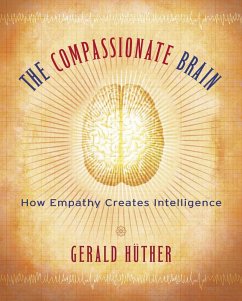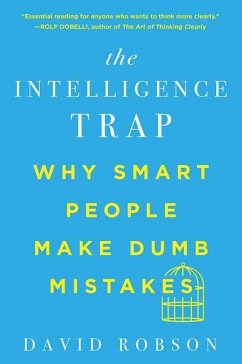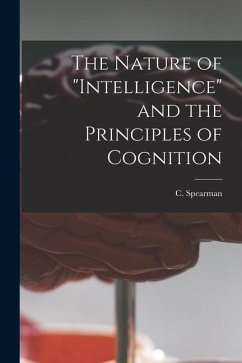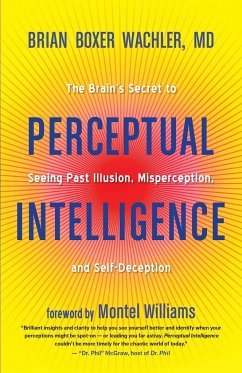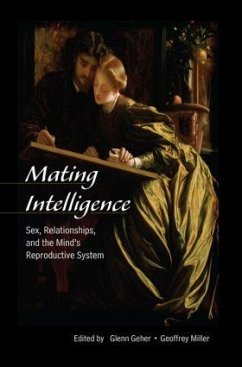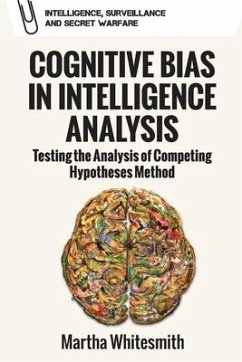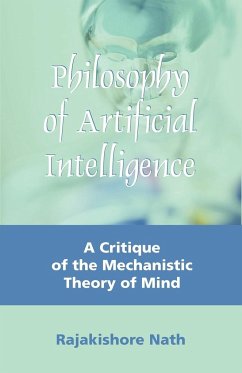
Philosophy of Artificial Intelligence
A Critique of the Mechanistic Theory of Mind
Versandkostenfrei!
Versandfertig in 1-2 Wochen
27,99 €
inkl. MwSt.

PAYBACK Punkte
14 °P sammeln!
This book deals with the major philosophical issues in the theoretical framework of Artificial Intelligence (AI) in particular and cognitive science in general. The researchers in AI are concerned with the issues of consciousness, human subjectivity, creativity, etc. Cognitive Science and AI argue that consciousness can be artificially created and comprehended in the function of robots. The robotic activities explain the mechanism involved in computation, language processing, sensing the information, etc. Contrary to this thesis, the philosophical study tries to show that human consciousness, ...
This book deals with the major philosophical issues in the theoretical framework of Artificial Intelligence (AI) in particular and cognitive science in general. The researchers in AI are concerned with the issues of consciousness, human subjectivity, creativity, etc. Cognitive Science and AI argue that consciousness can be artificially created and comprehended in the function of robots. The robotic activities explain the mechanism involved in computation, language processing, sensing the information, etc. Contrary to this thesis, the philosophical study tries to show that human consciousness, thinking, imagination, etc. are much larger concepts and need to be delved into in the broad theoretical framework. This book is a critique of the mechanistic theory of mind. It shows the basic foundation of AI and its limitations in explaining the activities of the human mental life. Machine-functionalism fails to account for the subjective nature of consciousness and the creativity involved in the conscious acts. There are two aspects of this thesis-- the epistemological and the metaphysical. Epistemologically, the subject of consciousness intimately knows the raw feelings or the qualia. Metaphysically speaking, however, the raw feelings are real in the sense that they are part of the furniture of the mental world. Therefore, we can hardly deny that the mental world is real.




